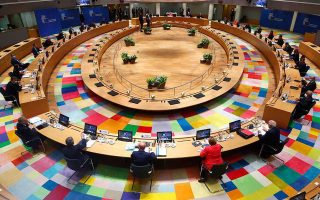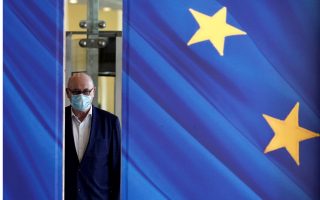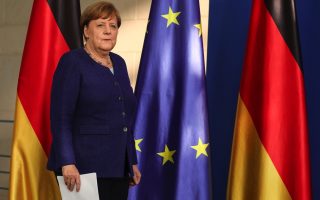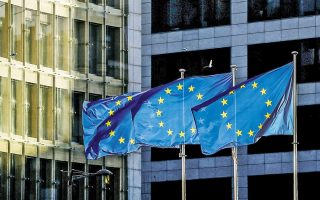World needs multilateralism in a big way
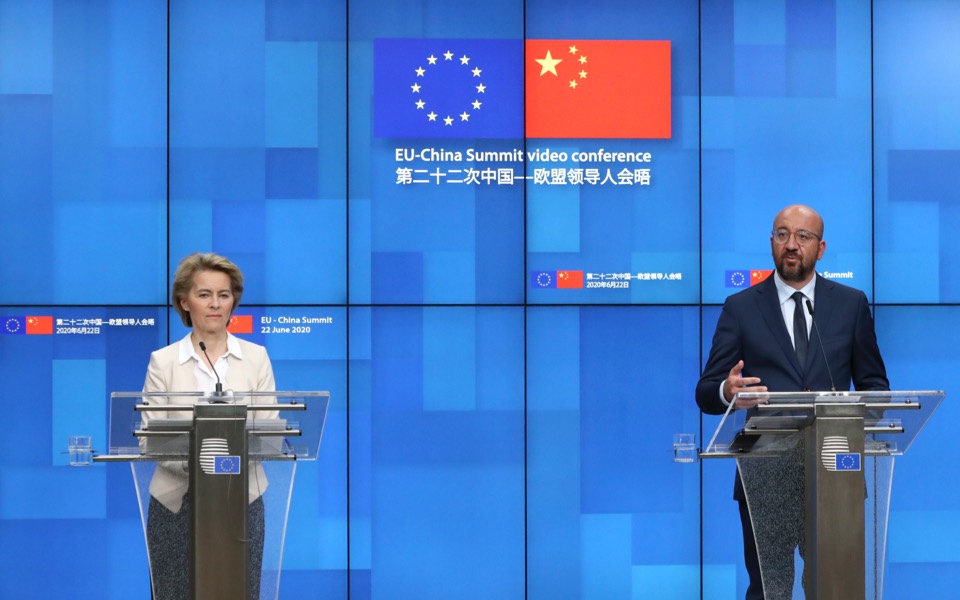
It is no secret that China’s spectacular rise has been a key concern for the major actors of the global power system. It was hoped that by incorporating China into the world economy it would eventually resemble liberal democracies. This was not the case. Today China is a robust economic power that maintains its one-party system, a system the West characterizes as authoritarian and the People’s Republic of China describes as a consultative democracy.
Under President Xi Jinping, moreover, China became more assertive, especially because of the galloping retreat of the United States from international engagement that was exacerbated by the Trump administration. As of 2013, China’s launch of the Belt and Road Initiative offered a new global vision that promotes peace and prosperity, making clear that the center of world power is shifting toward China. More important, China is encompassing the world to directly bridge (and streamline) geographically, economically, territorially, and perhaps even politically, Eurasia and Africa.
In his report to the 19th National Congress of the Communist Party of China in 2017, President Xi announced that China was committed to forge “a new form of international relations featuring mutual respect, fairness, justice and win-win cooperation and to build a community with a shared future for mankind and an open, inclusive, clean and beautiful world that enjoys lasting peace, universal security and common prosperity.”
Though these developments impact other major actors, China’s global century finds Europe first in the line of fire. The European Union realizes that it will now need to confront China in the realm of ideas, values and norms in order to prevent becoming engulfed by China’s ambition. The seismic shake-up in the geopolitical configuration thus constitutes an existential threat for the EU. Moreover, the universality and effectiveness of liberal democracy, which has represented the foundational narrative of the EU’s existence, is being increasingly contested by friends and foes alike, especially with growing discontent over globalization’s uneven and unequitable economic gains. China’s counterproposal for a development model designed and executed by a managerial political class is attracting a wider audience. While projected as more capable of increasing economic prosperity for the many, it comes at the expense of free speech, open general multiparty elections and an independent judiciary. These systemic challenges are confronting the EU simultaneously, making it difficult to respond in a coherent fashion in real time.
While Europe and China have launched a comprehensive strategic partnership since 2003, feelings about China’s active global strategy have raised concerns in Brussels. China has been actively buying valuable European assets and dividing European loyalties through the creation of regional fora such as the 16+1 initiative with Central and Eastern European Countries that has recently added Greece as its 17th member. A short time ago, moreover, a comprehensive report by the Berlin-based Mercator Institute for China Studies (MERICS) brought to light the real possibility that the Made in China 2025 initiative was not intended to augment competition, but to actively replace foreign with domestic technology so that it could enter international markets. Even so, the Belt and Road is a project that Europe cannot afford to ignore. Already, the EU is China’s largest trading partner, upward of 400 billion euros/year. Nonetheless, in 2019 a Commission report presented the adjusted frame for the EU-China relationship. It spoke of China as both a collaborator, but also as a “systemic rival promoting alternative models of governance.”
No longer able rely on its historic partner, the United States, Europe needs to initiate a new kind of dialogue with China on its own. The global pandemic of 2020 has now made Europe’s engagement with China all the more imperative. Covid-19 has impacted the world at every level, swinging out with full force. It has devastated economies worldwide, exacerbated and generated new social problems, and unleashed political turmoil. In the shadow of Covid, events are taking place that threaten world stability and encourage renationalizing narratives. This is why the global community seems nowhere to be found, even though what the world needs is multilateralism on steroids if there is to be a global response to the pandemic.
Covid has ushered in transformations and challenges on many levels. It has accelerated the fourth industrial revolution, obstructed trade and travel, triggered a massive economic recession, sickened and killed people all across the globe, and brought to light the vast socioeconomic inequalities that in recent years have grown exponentially. Moreover, the lack of global coordination, collaboration and leadership has both helped to spread the fear of global unrest and created a power vacuum.
This is dangerous for the world and it is particularly dangerous for Europe economically, politically, territorially and socially. Europe must now act decisively and swiftly. Through thick and thin, the European Union has stood for multilateral cooperation, rules, institutions and norms that reduce the potential for conflict. China too, post-1949, has been deeply against a hegemonic world order, pushing for bilateral and multilateral cooperation with its partners across the world. While differing significantly from a European governance model, China had not sought to securitize its relationships with other nations, but focused principally on economic cooperation. Today, even while this agenda is broadening to include people-to-people relations, political party exchanges, cultural cooperation, science and technology research, military-to-military exchanges, one thing remains constant. China does not want to be isolated or encircled. It continues to reach out and seek avenues for discourse and coordination, though heavy-handed actions in Hong Kong are raising red flags about its true ambitions.
With insecurity and tensions growing worldwide, regional competition and conflict may once again begin to break out. This is, therefore, the moment for Europe and China to take the lead and recognize the opportunity in front of them. Multilateralism is what the world now needs and not retrenchment. For Europe, it is perhaps the last chance to rally its member-states around a tangible goal, to build a global community, strengthen peace and work in a coordinated fashion for economic recovery and greater social justice both within the continent and internationally. A fearful retreat will be the greatest betrayal of the European dream. For China it offers the opportunity to move past a rivalry with the United States if there is any credence in Xi’s declarations of helping to build a more just and peaceful world, especially in light of Covid and the ongoing climate crisis.
There is no reason to reinvent the wheel. Europe and China have spent years building an infrastructure of exchanges and communication. The ensuing discourse must not be sugarcoated, but frank and genuine. Anything short of that will be construed as politics as usual, which has already failed the world. It is time to make Sino-European engagement an immediate priority for both.
Sophia Kalantzakos is Global Distinguished Professor at New York University – Fung Global Fellow Princeton University. She is the author of “China and the Geopolitics of Rare Earths” (Oxford University Press) and “The EU, US and China Tackling Climate Change: Policies and Alliances for the Anthropocene” (Routledge).
